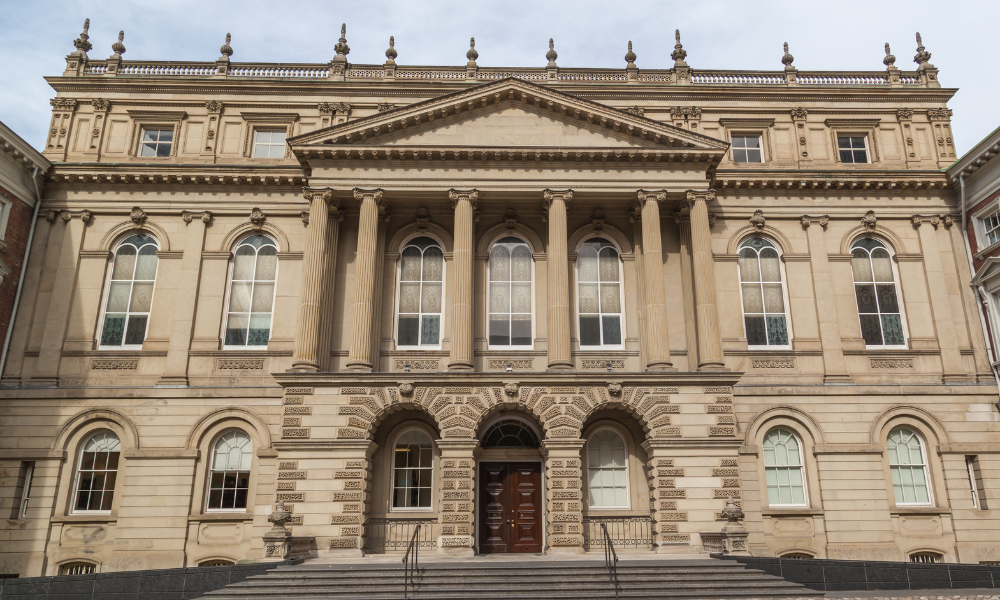
Proceeds to be used for estate property’s significant tax liability

The Ontario Court of Appeal has refused to stay the sale of two farms and the proceeds’ use for the estate debts upon finding no serious question or irreparable harm and finding that the balance of convenience favoured such refusal.
In Stewart Estate v. Stewart, 2025 ONCA 575, a Feb. 20, 1989 will conveyed a life estate to the testator’s wife and two farm properties to two of his sons, subject to the first son exercising an option to purchase the first farm by paying $50,000, and the second son exercising the option for the second farm by paying $90,000.
On Feb. 18, 1994, the testator passed away, survived by his wife and their 13 children. His widow lived for almost 25 more years.
By then, the farm properties’ values had shot up compared with the amounts the two sons had to pay to exercise the options and the gifts made to the other children. Specifically, the first farm was valued at $617,500, while the second was worth $1,120,000.
The farm properties’ disposition entailed tax debts amounting to about $600,000. The Canada Revenue Agency (CRA) liened the farms and informed the estate that it might seize and sell its assets if it kept failing to pay these tax liabilities.
An application judge of the Ontario Superior Court of Justice interpreted the will and authorized the estate trustee to sell the two farms and use the sale proceeds to pay the estate’s debts, the largest of which was the CRA debt.
The moving parties – the first son’s widow and the second son – independently moved to stay the judge’s order. They alleged that selling the two farm properties would make the gifts void.
The estate trustee countered that the moving parties failed to meet the three-part test for a stay under r. 63.02(1) of the Rules of Civil Procedure, R.R.O. 1990, Reg. 194, stated in RJR-MacDonald Inc. v. Canada (Attorney General), 1994 CanLII 117 (SCC), [1994] 1 SCR 311.
The Court of Appeal for Ontario dismissed the motion for a stay pending appeal and ordered each moving party to pay half of the estate trustee’s costs, fixed at the all-inclusive amount of $20,000.
First, the appeal court considered whether the moving parties alleged a serious question for determination for which the parties required a stay.
The estate trustee argued that the issue in this case was the moving parties’ belief that they should have the option to buy the farms for the amounts stated in the will without considering the estate’s liabilities.
The appeal court noted that the oral submissions apparently asserted that the moving parties wanted the estate trustee to exercise her discretion to enter into certain arrangements described by the application judge rather than selling the farms outright.
The appeal court ruled that the moving parties failed to articulate a serious question for determination on appeal.
Second, the appeal court agreed with the estate trustee that the moving parties failed to establish irreparable harm.
The appeal court noted that the issues appeared to all be financial, and the moving parties’ unsupported claims of irreparable harm failed to overcome the fact that third parties were renting both farms.
Third, the appeal court concluded that the balance of convenience favoured the estate trustee’s position seeking to decline a stay.
The first son’s widow argued that the appeal court should maintain the status quo. She added that awaiting the appeal’s adjudication would not materially harm the estate.
The estate trustee countered that further delaying the proceedings would not serve the parties’ interests and would only increase the estate’s expenses and the risk that the CRA would seize the farm properties to cover the estate’s tax debts.